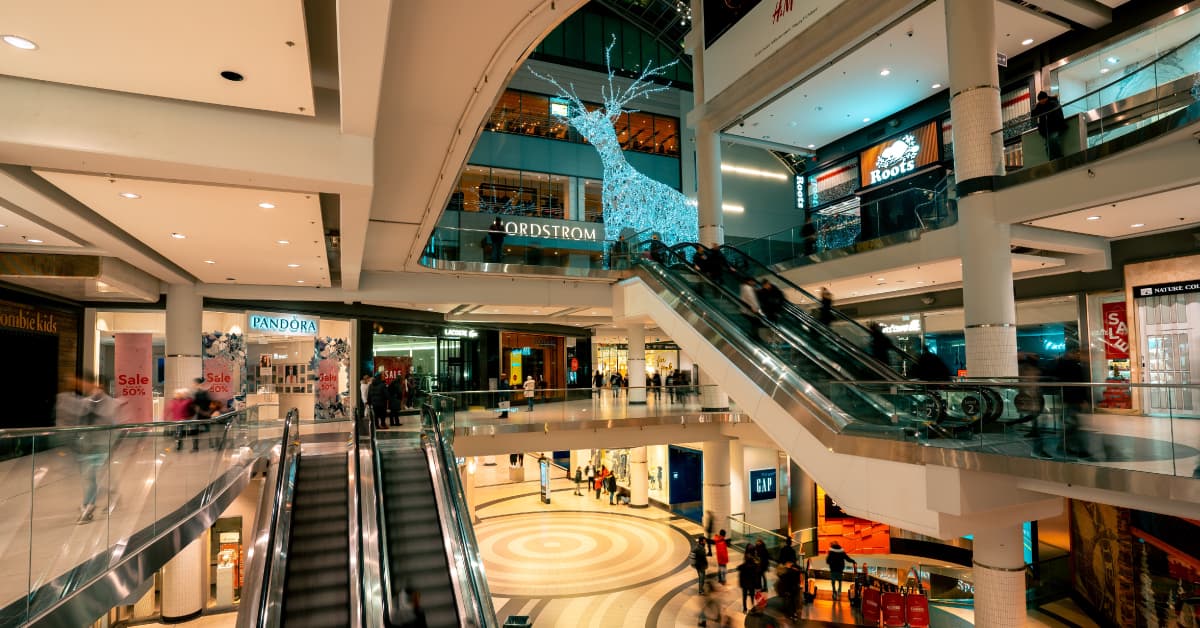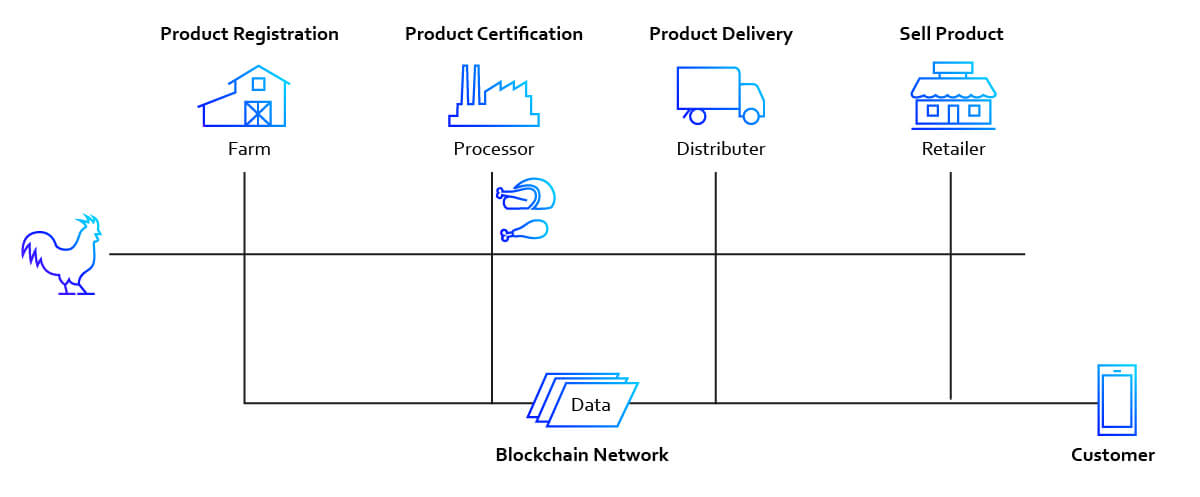 Picture Credit: Unsplash
Picture Credit: Unsplash
Blockchain technology has the potential to be a key player in many industries and it is not limited to cryptocurrency. As the technology matures, different use cases emerge for retail, supply chain, consumer packaged goods, supermarkets, and more.
The retail industry is the most primed to take advantage of what blockchain technology has to offer.
According to a report from Research and Markets, blockchain technology could grow up to $2 Billion by 2023 in the retail industry. In fact, many giant retail chains have already started adopting blockchain.
How does blockchain provide transparency, efficiency, and growth in the struggling retail industry?
1. Blockchain Removes Friction in Customer Loyalty Programs
Loyal shoppers are one of the major drivers for a profitable business. According to the report from Wirecard, in traditional loyalty programs, 27% of consumers are frustrated with tracking their points, 34% with the confusing redemption processes, and 46% with the long wait for rewards.
Blockchain provides a frictionless system in the form of a digital wallet. Loyalty points acquired from different businesses across a variety of industries including airline, grocery, retail, and more, can be managed by the same loyalty program from a single wallet without compromising on security. Now, customers can redeem their points wherever they want within the participating network, and most importantly, they have the ability to access and manage their loyalty points easily.
From a business' perspective, blockchain can prevent customers from double-spending their points and avoid fraudulent transactions as all the transactions are immutable.
2. Blockchain Secures Data To Foster Consumer Trust and Protect Privacy
According to a Business Insider report, at least 19 consumer companies had data breaches in 2019. As a result, 19% of consumers said they would completely stop shopping at a retailer after a breach, and 33% said they would take a break from shopping there for an extended period. Retailers who fail to protect themselves from data breaches risk losing their customers’ trust, which could lead to the eventual loss of the customer.
Retail companies collect large amounts of customer data. Most customer data is collected during sign-up, through loyalty programs, and checkout. Unfortunately, companies store their customers’ personal data in vulnerable databases, and they are the single largest point of weakness to cyber attacks.
Blockchain can secure data because it uses a distributed ledger to store records in an encrypted format. It is nearly impossible to tamper with the data. Blockchain gives security back to businesses and their customers because it allows businesses to control access to their data.
3. Blockchain Gives Visibility Into the Supply Chain
A report from the World Economic Forum states that supply chain management lacks visibility and the pandemic has made this glaringly apparent. Currently, product manufacturers, distributors, importers, retailers, etc., maintain separate and disconnected databases. Gathering information and tracking in real-time is impossible with the current system structure because parties do not have a single view on the state of the product nor information on product supply.
Blockchain has already made its way in supply chain management and it is a game-changer. Big corporations and retail giants, such as Alibaba, JD, and Walmart are building their supply chain ecosystem. Walmart has already partnered with IBM’s blockchain solution to integrate all their green vegetable suppliers.
This cohesive view makes it easy for all parties involved to track the status of the shipment, where it originated, and who is currently handling it in real-time. It also helps to reduce the cost of mass recalls because it can pinpoint the origination and identify the exact number of items that need to be recalled.

4. Blockchain Provides Robust Data To Authenticate Product Provenance and Traceability
The 2008 Chinese milk scandal is the largest food safety scandal that the world has ever seen. More than 300k people were victims in China, and 54,000 babies were hospitalized. Also, consider the 2006 American E. coli outbreak in spinach farms where at least 276 consumers were affected and 3 deaths were reported. As a result, all spinach farms across the country closed for weeks resulting in tremendous waste in the perishable product.
Blockchain technology provides visibility into the supply chain and can be used to track unsafe products. If the blockchain database had been established in the spinach industry’s supply chain in 2006, they could have traced the outbreak to its origin, and only closed down the affected farms instead of all spinach farms. Blockchain’s ability to provide end-to-end transparency on the origin of products has obvious benefits to food safety in the food and beverage industry.
In the long run, product origin, and record of ownership may become an industry standard to minimize waste, and ensure healthy, safe food to consumers. Blockchain also aligns transparency among shareholders, and will help users in several ways:
- It enables robust, digital proof of product origin to ensure authenticity to the end-users and foster trust e.g. fair trade evidence, guaranteed authentic luxury goods, and more
- The product provenance in food and beverage enhances food safety by pinpointing harmful foods in the supply chain for removal
- It will support reducing waste during product recalls because it can pinpoint the affected manufacturers
- The unified view of the supply chain will help increase profits by building trust, and transparency among its suppliers, distributors, and consumers
Blockchain Technology Will Revolutionize the Customer Experience
Initially, blockchain was created for financial transactions. However, technology has opened up possibilities for many different industries. The retail sector can take advantage of blockchain technology to build transparent systems in the supply chain, enhance the customer experience, build trust to increase profits, and drive market growth. With the sharp increase in mobile usage and online eCommerce, customers demand easy, fast, and frictionless access to their products and services. This provides new opportunities for supply chain automation and inventory management.
How Nisum Can Help
At Nisum, we help our clients stay ahead of the technology curve with our digital transformation process by gathering expertise in new and effective applications of blockchain-enabled capabilities, such as distributed databases, distributed ledgers, and decentralized file storage. If you want to take advantage of blockchain technology, sign up for our Blockchain Lab workshop, or learn more about our services, contact us.




